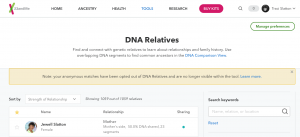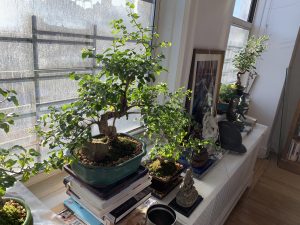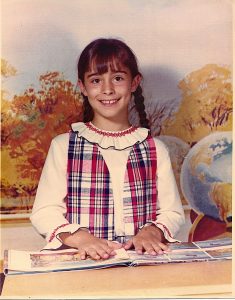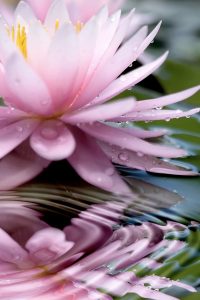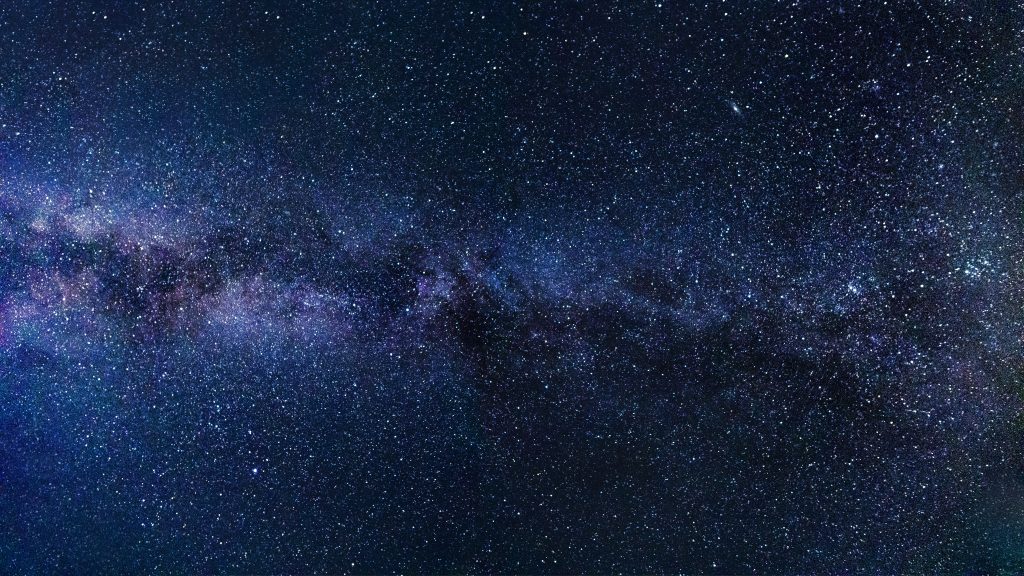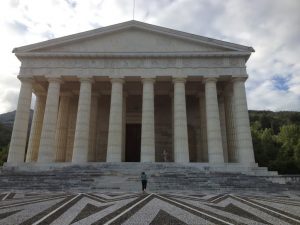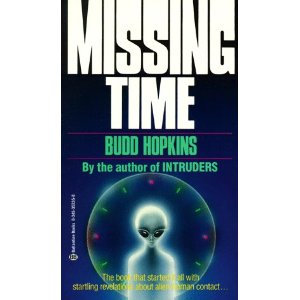Mystery of Birth

I had the misfortune to be the impecunious shiksa married into a well-to-do Jewish family.
My sincere conversion to Judaism, a religion I love, slightly blunted their dyspeptic view of me but didn’t resolve it. Not that my former in-laws were aware of their bias or their inability to accept me because of my differentness. They’re a generous folk. They mean well, by and large.
But the plot thickened some years after my divorce, when I did my first DNA test. The results came back with so many “Ashkenazim” notes that I thought there had to be a mistake. I phoned the company.
I said, “I don’t understand my results.”
The lady clerk said brightly, “Oh, you’re Jewish.”
I murmured, “Yes, but who knew?”
I figured my mother had some Jewish progenitors. There were large murky areas in her ancestry, though we knew they largely inhabited the Southern parts of the US, with some Native American Indian thrown in. I figured some lost little Jewish girl had got off the boat in Ellis Island and found her way down South, where the crazy Scotch-Irish were boiling up squirrels in their crockpots and alchemizing moonshine in the hills. As well as marrying themselves some Indians.
My father’s family had been in the US for generations. They all had quintessential American names like Foster and Taylor. They were English-Scotch-Irish, with some Native American Indian thrown in. His mother was dark-haired and claimed Apache blood. There was no way my dad had any Ashkenazim blood.
Then my mother and I both, coincidentally, took another DNA test, 23andMe.
I was visiting my mother when she mentioned she had her results.
“Oh, let’s see your Jewish roots,” I chirped.
She opened a web browser, logged in, and opened her results.
0% Ashkenazim.
This did not accord with the 25.5% Ashkenazim ancestry that 23andMe revealed to me.
For a moment, the room swam in front of my eyes. I had a sinking feeling that I had been switched at birth. My mother, whom I love dearly despite our sometimes fraught relationship, wasn’t really my biological mother.
She said, “I guess Jim was Jewish?”
Oh, right. My father. I said, “He had to be half Jewish because I’m a quarter and you’re zero.”
But this was all very odd. My father’s family was from Arkansas, had been there for generations, and I had a recent Jewish ancestor from the Lithuania-Poland-Russia-Belarus area. Very recent.
I returned home and shared my DNA results with my mother, and 23andMe kindly confirmed that she was, indeed, my biological mother.
That left the mystery of my father. He never fit in with his family. Looked nothing like them. Had at least 75 IQ points over them. Was basically given away to be raised by a prosperous farmer. Called himself “the black sheep of the family” because he was smart, and joined the Navy and moved away from them.
My mother says he never bonded with anyone his whole life.
I didn’t like the man. He was abusive and prone to dark, erratic mood swings. He was an alcoholic. He cheated on my mother and engaged in all sorts of nasty behavior.
But I began to think that there was more to the story than met the eye. I began to believe that he wasn’t biologically related to the people who had raised him so poorly–because none of them are Jewish.
On 23andMe, I’ve been able to eliminate all the DNA relatives from my mother’s side. The remaining DNA relatives fall into 2 camps: one is Jewish, largely Russian-Polish-Ukrainian-Lithuanian. The other side is largely British-Irish and German.
That would be my paternal grandparents. Among them, there aren’t Taylors or Fosters or Slattons, or any of the other surnames associated with the people who raised my father. There is no commonality with the Slatton family.
The question is: Who was my father?
There’s some possibility that the woman who claimed to be his mother was indeed his biological mother, and she had fooled around.
But I think it far more likely that my benighted father, may he rest in eternal peace, was swapped in the hospital. Some other family went home with the real Slatton boy. And the son of a Jew and a German-Brit went home with the Slattons.
So I am sleuthing.
Who was my father? What are my real roots?
